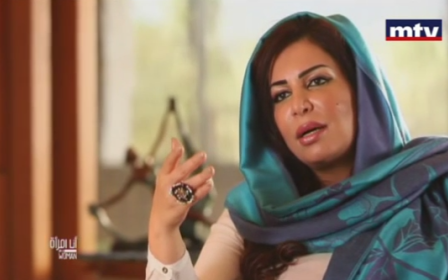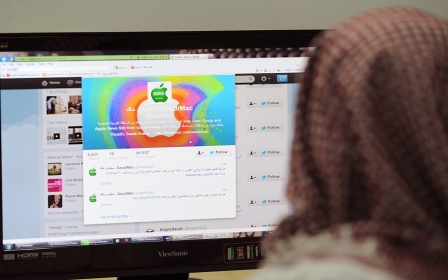Saudi Arabia could ease ban on female drivers

The advisory council to King Abdullah of Saudi Arabia has recommended that the Gulf country’s government lift a long-standing ban on female drivers.
If the Shura Council’s recommendations are taken up by the King, the ban will remain in place for women under 30 however, a council member told The Associated Press.
The recommendation is for women over the age of 30 to be allowed to drive with the permission of a male relative – a husband, father, brother or son, and with a man present in the car.
There are further constraints which include that women would only be allowed to drive between 7am to 8pm on weekday and between noon and 8pm during the weekend.
Women would also have to be conservatively dressed and wear no-make, said the Saudi official.
The recommendation marks a surprising shift in attitudes towards women in the kingdom, where gender segregation is strictly practised under a super-conservative interpretation of Sharia law known as Wahhabism.
The driving ban has long been criticised by human rights organisations including Human Rights Watch which has called for Saudi Arabia to abolish male guardianship and discriminatory policies towards women in accordance with commitments the Kingdom has undertaken under the United Nations Convention on All Forms of Discrimination Against Women (CEDAW).
The informal prohibition on female driving in Saudi Arabia became official state policy in 1990 after around 50 Saudi women drove the streets of Riyadh in a convoy to protest the restriction.
In response, they were jailed for a day, had their passports confiscated and lost their jobs. Their male relatives were also barred from travelling for six months.
The Grand Mufti, the country’s most senior religious authority, immediately declared a fatwa, or religious edict, against women driving, stating that driving would expose women to “temptation” and lead to “social chaos.” Then minister of interior Prince Nayef banned women’s driving by decree on the basis of the fatwa.
In June 2011 about 40 women drove in a protest sparked by the arrest of a woman who had posted a video of herself driving online. One woman protestor was arrested and sentenced to 10 lashes, though this was later overturned by the king.
More recently, the online “Women2Drive” campaign which called on women to get behind the wheel on 26 October 2013, was met with much traction among Saudi women.
Stay informed with MEE's newsletters
Sign up to get the latest alerts, insights and analysis, starting with Turkey Unpacked
Middle East Eye delivers independent and unrivalled coverage and analysis of the Middle East, North Africa and beyond. To learn more about republishing this content and the associated fees, please fill out this form. More about MEE can be found here.




